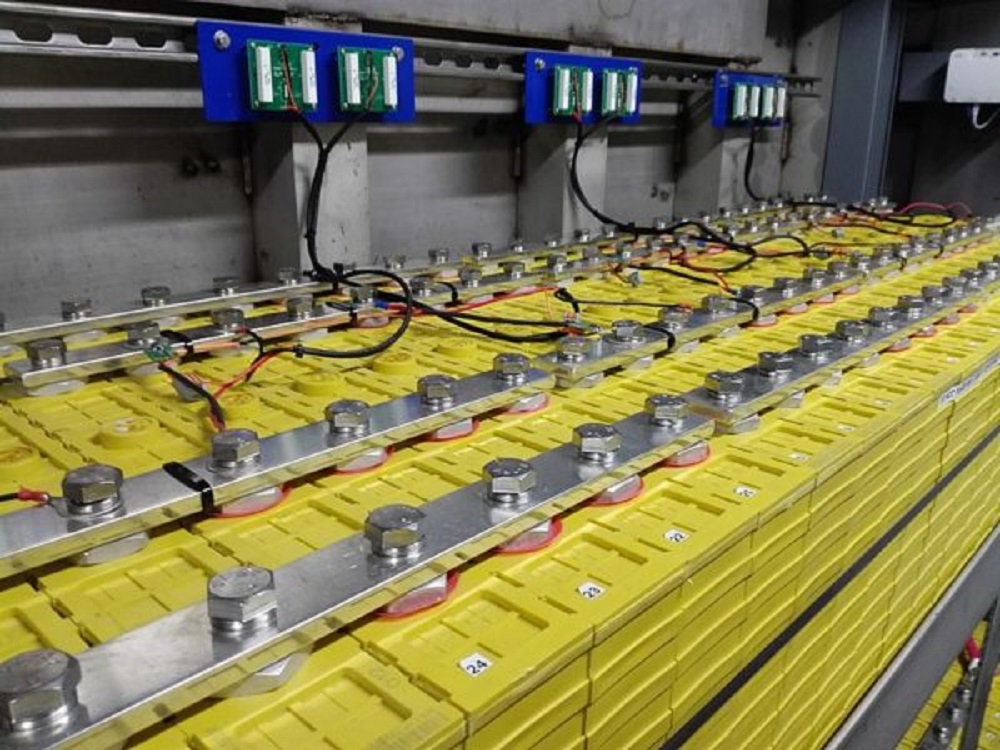American Battery Technology Company (ABTC) announced it has received a $144 million competitive grant from the U.S. Department of Energy (DOE) to facilitate the construction of a lithium-ion battery recycling processing center. The contracted grant award will commence on Jan. 1, 2025.
The recycling facility is designed to process 100,000 tons of battery materials per year. This is the company’s second facility, and five times as large as its first recycling plant.
The facility will intake a wide variety of end-of-life and manufacturing-scrap materials, including from stationary storage and EVs, and will output battery grade nickel, cobalt, manganese, and lithium hydroxide products to be sold to the North American market.
The project is expected to create 1,200 construction jobs and 300 long-term operations jobs.
Reno, Nevada- headquartered ABTC entered a strategic partnership with cathode manufacturer BASF in Summer 2023 for the purchase of battery grade metals.
“We are excited to be further scaling our internally-developed recycling technologies and expanding domestic supply of unrealized, in-demand, recycled, battery grade, sustainably-manufactured materials,” said Ryan Melsert, chief executive officer, ABTC.
ABTC said its output materials meet rigorous specifications set by cathode refining customers. The company said its process is fundamentally different than conventional methods of battery recycling, which generally utilize either high-temperature smelting or non-strategic shredding systems.
The company leveraged in-house research and development, project management, and engineering teams, with many members bringing experience in founding the design of the Tesla Gigafactory, a state-of-the-art battery manufacturing facility.
The project includes numerous stakeholders, including feedstock supplier and critical mineral product offtaker BASF, global engineering firm Siemens, the Clemson University International Center for Automotive Research (CU-ICAR), the Argonne National Laboratory (ANL) ReCell Center, the Argonne National Laboratory Sustainable Transportation Education & Partnerships (STEP) department, and the South Carolina Electric Transportation Network (SCETNetwork).
As part of the Battery Materials Processing and Battery Manufacturing and Recycling Program, DOE is enabling $16 billion in total investment for battery manufacturing, processing, and recycling.
This content is protected by copyright and may not be reused. If you want to cooperate with us and would like to reuse some of our content, please contact: editors@pv-magazine.com.









By submitting this form you agree to pv magazine using your data for the purposes of publishing your comment.
Your personal data will only be disclosed or otherwise transmitted to third parties for the purposes of spam filtering or if this is necessary for technical maintenance of the website. Any other transfer to third parties will not take place unless this is justified on the basis of applicable data protection regulations or if pv magazine is legally obliged to do so.
You may revoke this consent at any time with effect for the future, in which case your personal data will be deleted immediately. Otherwise, your data will be deleted if pv magazine has processed your request or the purpose of data storage is fulfilled.
Further information on data privacy can be found in our Data Protection Policy.